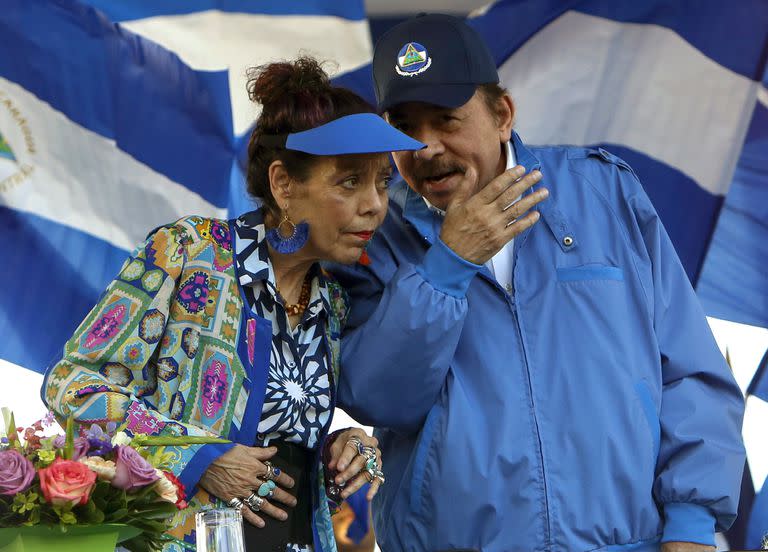RIO DE JANEIRO, BRAZIL – The U.S. Treasury Department imposed sanctions on Monday (15) against Nicaragua’s Public Ministry and nine high-ranking Nicaraguan officials for their role in the “repression of human rights and fundamental freedoms” following the “farce” of the presidential elections of November 7.
Among those sanctioned are the Minister of Energy and Mines, Salvador Mansell Castrillo; the Superintendent of Banks and Financial Institutions, Luis Angel Montenegro Espinoza; and the Vice-Minister of Finance and Public Credit, Adrián Chavarría Montenegro.
Read also: Check out our coverage on Nicaragua
According to the Treasury’s Office of Foreign Assets Control Director, Andrea Gacki, the “regime” of Daniel Ortega and his wife Rosario Murillo is using “legislation and institutions to detain members of the political opposition to disenfranchise Nicaraguans.” The designated officials are “key partners in Ortega’s anti-democratic policies,” the Treasury said.

The Treasury also considers the Public Prosecutor’s Office to be “responsible for or complicit” in “actions or policies” aimed at “undermining democratic processes or institutions in Nicaragua.”
Also sanctioned are the mayors of the cities of Jinotega, Esteli, and Matagalpa and the president of the Nicaraguan Energy Institute, José Antonio Castañeda Méndez.
As a consequence of the Treasury designation, these entities and companies’ assets under U.S. jurisdiction are frozen. They are prohibited from engaging in financial transactions with U.S. citizens.
The United States had previously imposed sanctions on numerous members of Ortega’s inner circle, including several of his children.
The Nicaraguan president won last November 7 in the absence of opposition, following the arrest in recent months of seven presidential hopefuls who were emerging as his leading contenders, and the dissolution of three opposition political parties.
Ortega, who returned to power in 2007 after coordinating a government junta from 1979 to 1985 and presiding Nicaragua for the first time from 1985 to 1990, is thus heading towards his fifth term in office amidst the disregard of the process by most of the international community, including the United States and the EU.

